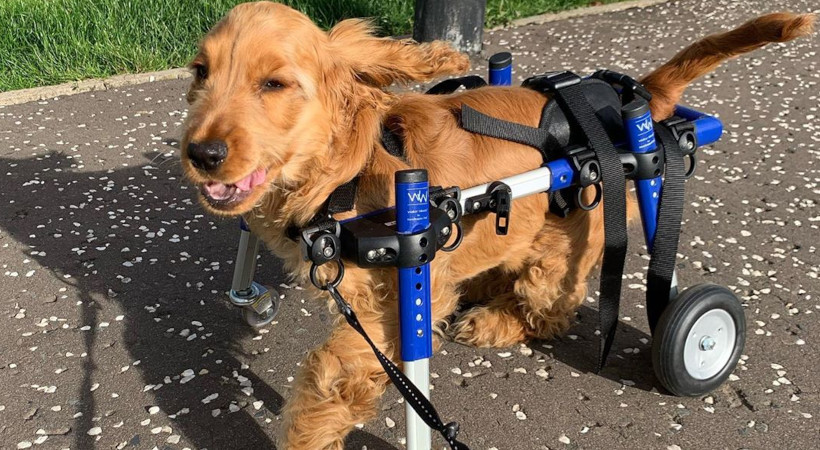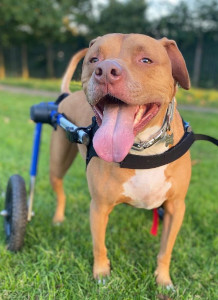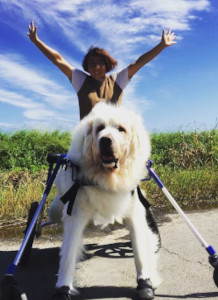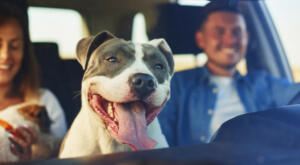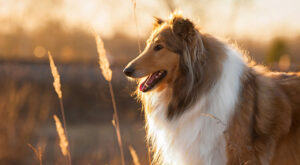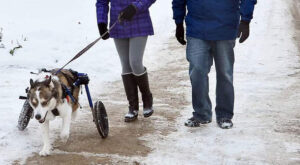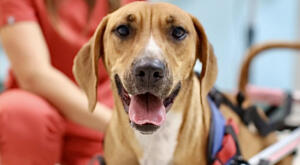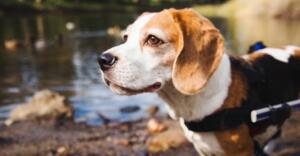While raising and socializing a puppy can be difficult at first, understand that that’s part of the process. Plus, puppy socialization only takes care of part of the problem – YOU have to be involved in your dog’s development.
As you can tell by now, proper socialization for your dog takes patience, knowledge, and strategic thinking in order to do it correctly. And with dogs already having the tendency to express loyalty to their owners (especially those with proper training), it’s evident that they’re continuously learning about the world around them.
Without proper socialization, dogs will stressed or fearful, and might not interact well with other dogs, people, or other things. Therefore, socializing your pup is a must!
With that said, here are 5 mistakes to avoid when teaching your dog to be sociable:
1. Not Starting Your Dog at a Young Age
As a puppy, your dog is learning about things. So, the best time to socialize your puppy is between seven weeks and four months of age. And, as they grow up with socialization, it would shape their character, especially how they get along with people and other animals. Gradually expose them to new situations, people, and environments; and be consistent with these introductions, so that your dog can understand.
2. Waiting Until After Vaccination
According to popular opinion, a puppy should stay away from the public until they’re fully vaccinated (typically around 16 weeks). However, it would be a mistake to hold off on training and socialization until after they’ve received their vaccination for the following:
- Canine distemper
- Adenovirus 2
- Canine parvovirus
- Parainfluenza virus, AND
- Rabies
Otherwise, they would be more prone to getting sick. For example, when unvaccinated puppies come in contact with the feces of or are put close to infected dogs, those infections can spread to an unvaccinated puppy.
So, while they still need their vaccines, they still need to know how to be sociable. In other words, despite not being fully vaccinated, keep these tips in mind, as your puppy ventures out into the new world:
- Avoid places with strange dogs (i.e. dog parks, public parks, etc.).
- Walks in the neighborhood on streets and sidewalks are fine, as long as you avoid feces of other dogs.
- At the pet stores, keep your puppy in a cart until fully vaccinated.
- It’s okay to let your puppy have playdates with known vaccinated dogs.
But as always, make sure that you cherish the time you have with your dog being a puppy. Don’t stress out if they haven’t gotten all their vaccines yet. The idea is to have your do fully vaccinated by the time that they turn 16 weeks old, which is plenty of time to get to know your pet. So, vaccinate WHILE you socialize. NOT before.
3. Being Overly Emotional
Dogs can be extremely sentient creatures. In fact, they can easily pick up on human emotions, meaning that if you’re stressed, they’ll know it.
Therefore, it’s important to be calm and confident as you train your dog. Be a good example to them, as you keep an open mind and positive attitude.
4. Scolding Your Dog
Like children, it’s not good to yell or snap at your puppy, because again, they can sense your emotions. While it’s tempting to scold your dog when they behave badly, but in truth, you’re only validating their fearful feelings.
Instead, use positive reinforcement by turning the situation around to where you’re not upset. Reward your pup with high value treats whenever they exhibit calm behavior.
5. No Backup Plan
While paying attention to your dog’s behaviors is a must, it’s still important to have a backup plan, in case something goes wrong and or if your pup is acting differently. One technique is that if your dog starts showing signs of discomfort, walk away from a place – take a detour behind somewhere convenient. The important thing here is to get your dog to return to normal, while you stay calm and patient with them.
Conclusion
For all dogs – big or small, young and age, from breed to breed – socialization is a very important part of their lives. As you teach your dog to be more sociable, as well as avoid the above 5 mistakes, you’ll eventually coax them out of their comfort zones, and have them grow to be a confident and well-mannered dog.
Kristin Herman is a writer and editor at Stateofwriting.com. As a tech enthusiast, she blogs about the latest trends in technology. And, as a project manager, she has overseen many writing projects nationwide.

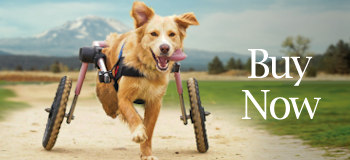
Related Articles:
Did we answer all your questions on "Sociable Dog"?

